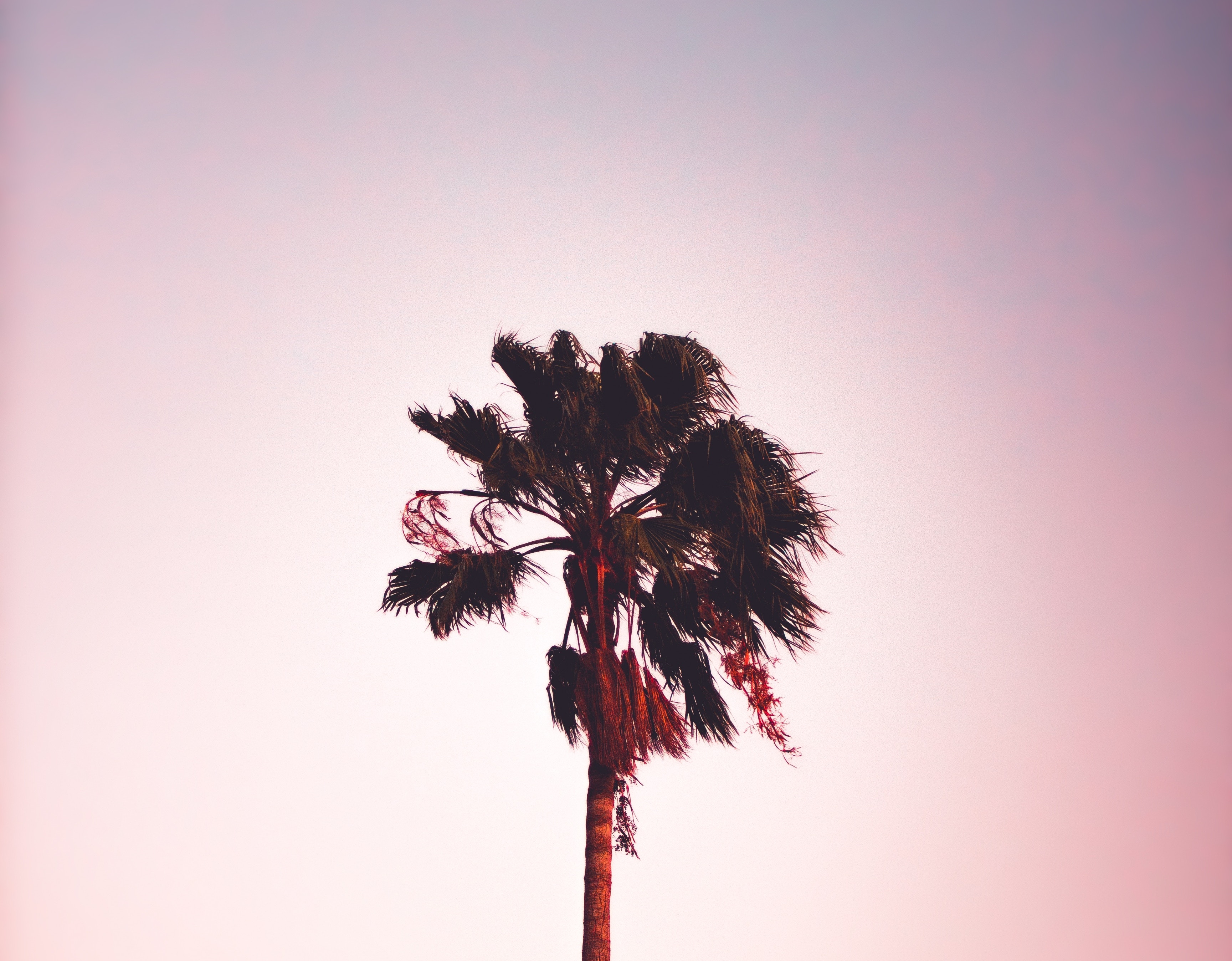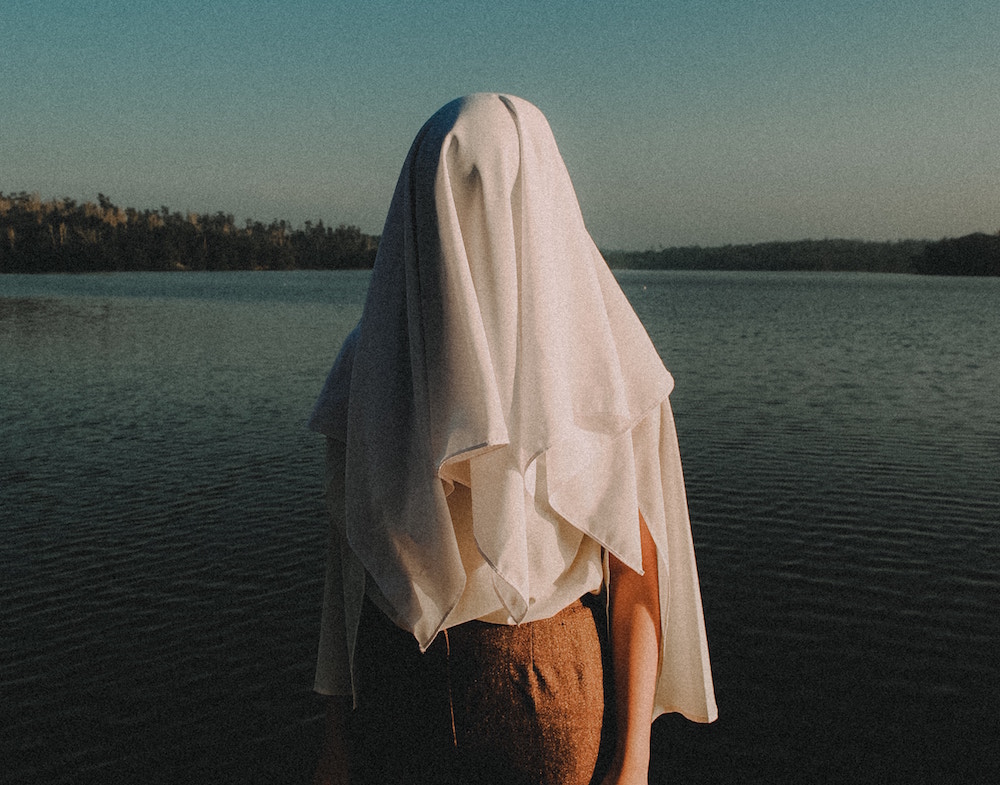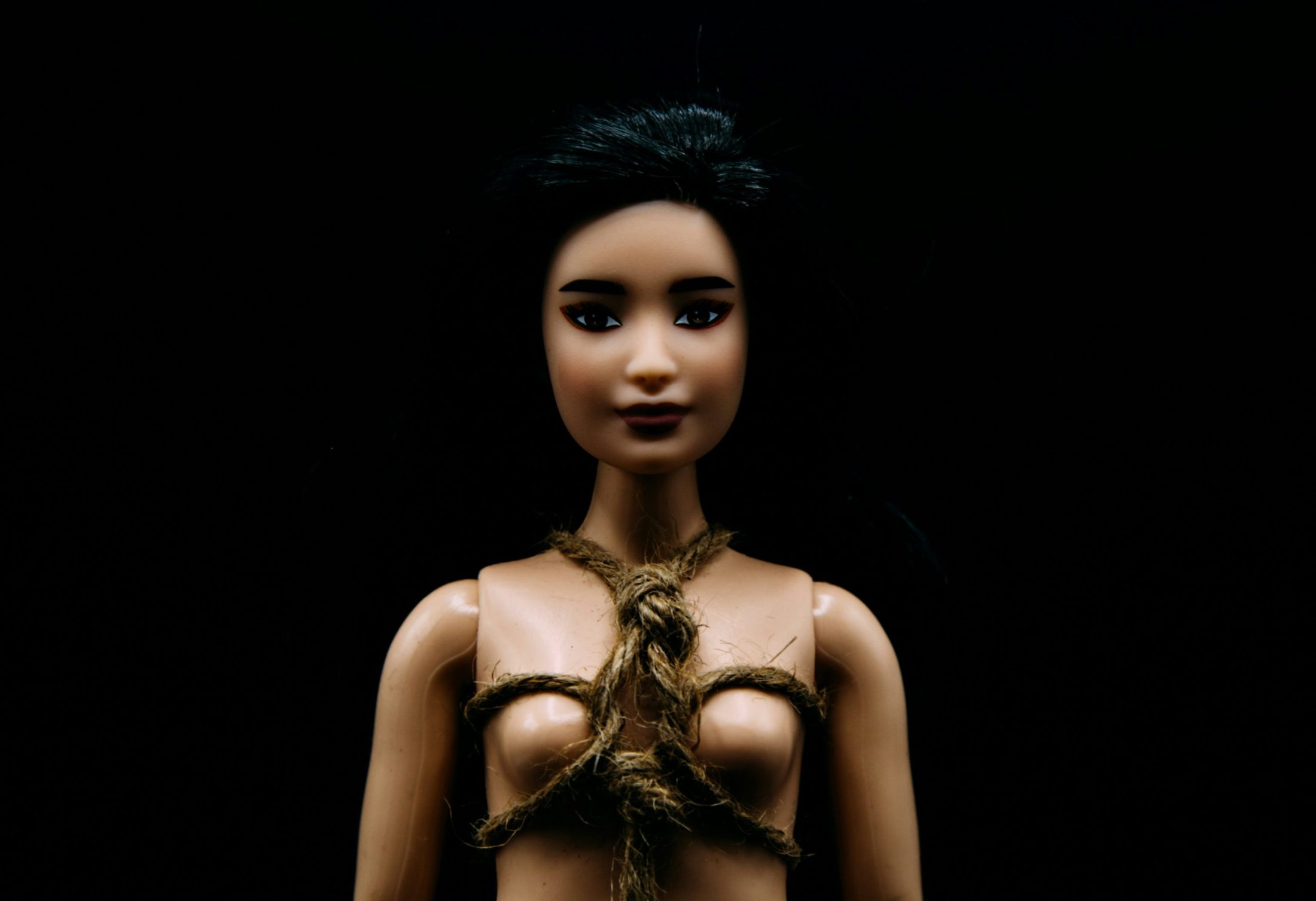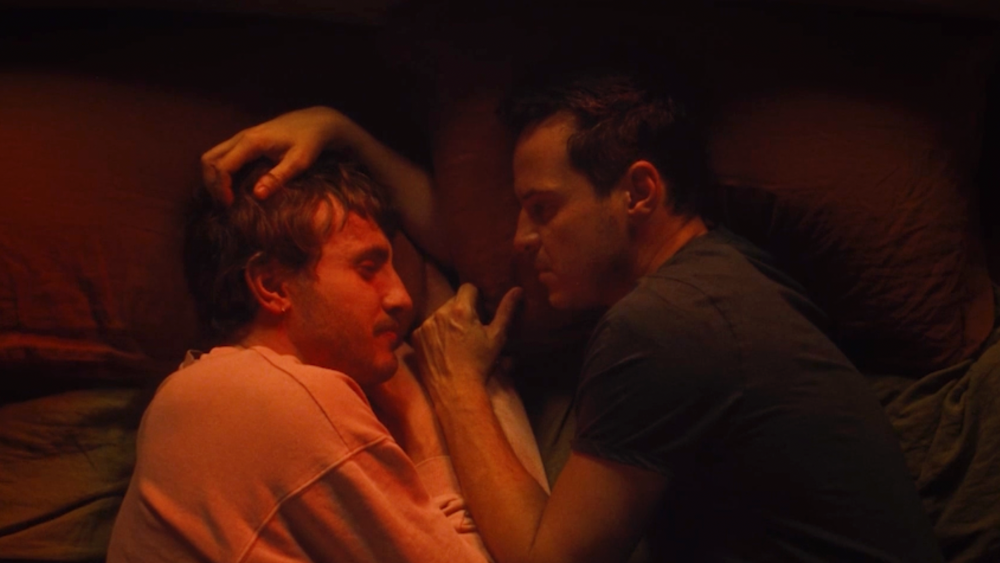interviews
Kristen Arnett’s Queer, Messy Vision of Florida
The author of “Mostly Dead Things” on how writing a novel is just like taxidermy

Kristen Arnett’s Mostly Dead Things follows Jessa, a queer woman struggling to keep her family and their taxidermy business together in the aftermath of her father’s suicide. The novel is also about Florida (a place with a presence so big it’s essentially a character), messy relationships, and how we choose to remember people who have left us or died.
Arnett’s work has appeared in The Normal School, Gulf Coast, Electric Literature, Catapult, The Guardian, and other places. Her debut story collection, Felt in the Jaw, was published by Split Lip Press and was awarded the 2017 Coil Book Award. Arnett is also a columnist for Literary Hub and a librarian.
Kristen Arnett and I discussed all things Florida, writing about the minutiae of queer domestic life, and how the art of taxidermy is like writing.
Deirdre Sugiuchi: I grew up in Mississippi but my partner is from Florida. Now I love Florida, but before I knew it, my impression was just strip malls and theme parks. It also seemed like there was nothing literary going on in Florida until the last ten years. Can you talk about Florida and the emerging Orlando literary scene?
Kristen Arnett: There are these preconceived ideas about how people view Florida but also even the parts of Florida. People think of Miami in a certain way. Panhandle is its own kind of thing. When people who are not from Orlando come to Orlando, there are these embedded ideas like strip malls or theme parks, things that are not necessarily in the day-to-day logistics sometimes for where someone from Florida functions.
Within the past decade or so Orlando specifically has had a group of people who have lived and tried to stay here and bring it up instead of kind of leaving and going to other spaces, taking the creativity and ideas with them. They stayed and tried to grow those things and cultivate it.
And with regard to the literary scene, the local Burrow Press has done a really good job advocating for the literary scene here. They’ve been bringing a lot of readers. They brought in Lauren Groff to magnify what we have, because Lauren is a Florida writer, so it’s like look, this is a big name but it’s also a big name Florida person. And the scene in Orlando has been able to grow more because of Burrow Press and the work that they’ve been able to do, not only with their literary series but also with the kind of books they are trying to put out. Susan Lilley, who was the first poet laureate of Orlando, has her poetry collection coming out from Burrow, and that’s the first poetry collection they’ve ever done.
There’s this idea that there isn’t culture here, that it’s a tacky kind of place that you go to vacation and leave, but there’s a lot here and there’s a lot of people are working really hard toward a bigger idea, a community that wants to support each other, and really radicalize the idea of what culture looks like in Orlando. It’s something I’m really passionate about and that I love to see because I love Orlando. I’m happy to see that other people love it like I do too.
DS: It’s like on one hand you’re driving down what I-75, and you are seeing Bible verses, and anti-abortion this and that, but on the other hand you have this really incredible lush writing scene, and also a queer writing scene.
KA: I also think it’s because it’s work where the queerness just happens to be embedded, which is exciting. I love to read and have the book I’m reading not necessarily be a coming out story. It makes me excited to read work where the people are queer but not necessarily something where we have to sit and unpack it.
DS: Which is what I loved about your book. Jessa’s queer and that’s what it is, just her life, and I love that that’s what you’re loving about other people’s work, because that’s exactly what you did.
The things about queerness that I want to read or write about are the day to day minutiae of going about the world being a queer person.
KA: That’s really good to hear, because that’s something that was really important to me. The things that interest me in queerness that I want to read or write about are just the day to day kind of minutiae of going about the world being a queer person and interacting in a household. Domestic dynamics in a household interest me, the physical acts of queer people. Sex is very important to me, or just like sex being a natural progression they’re not necessarily unpacking all the time, the emotional impact of sex, because sometimes people just like to fuck.
DS: Sometimes (laughs).
KA: That’s something I wanted to see in a queer book, that’s something I wanted to read, that was a thing I wanted to be part of the world I’m creating, and not like something I need to explain to readers. I feel like as a queer reader when I go in and read sometimes, and see something unpacked for me, I wonder who that’s for sometimes. That’s the stuff I want to read, the stuff I’m most interested in, how it happens to just be part and parcel of everyday domestic life and queerness.
DS: Can you talk to me about writing about Florida and how it affects you as a writer?
KA: I wanted to write about place in a way that if you took place out of it, it would not remotely be the same book. I wanted it to be completely incapable of separating the two. I wanted them to be entwined. I consider myself to be a regional writer, like a place writer. It’s very important to me in my work and what I love. I feel like place to me is embedded. The writers I get really excited to read are the writers who do that. One of my favorite books is Dorothy Allison’s Bastard Out of Carolina. South Carolina is such a presence in that book.
Florida is such a big presence. It’s creeping constantly into everything that we are doing. It’s in our homes, It’s in our cars. We deal with the weather. You can’t ignore it, it’s part of everything that you are doing. You plan your life and your days around how it is to be and to live here. Writing about Florida to me it felt very natural, pun intended, to have Central Florida be an important character, a main character, to have a place that’s creeping into you all the time.
Florida is very broad and large. Different areas of Florida are wildly different from each other. So me writing about Florida is not the same as someone writing about Miami. There might be some similarities, but culturally it’s going to be different, not just physically. Even the insects or the plant life or what the air feels like pressed against you, those things are all different…
The other thing that’s in this book, and in some essays as well, is that things don’t have a permanence here, which is very odd because there’s also lots of other places you go where there is collective social memory of places that used to be there but here there’s…collective amnesia I keep calling it. Something used to be there and it’s gone and people are like I don’t remember it. There’s a paving over of places and people forget about them like they didn’t exist. Which is very interesting too, a thing I’m constantly trying to unpack. It’s not a thing I feel like happens in other places.
I’m third-generation Floridian and there are times when I ask my grandma about places because she’s lived here and she’ll be like “Oh I don’t remember.” How do you not remember it? Something was here 20 plus years and it’s wiped from your memory. You only remember the new thing that is there now! It’s very bizarre. It’s a very Central Florida thing to me and I’m always very interested in it.
DS: I struggle with that too. I’m seventh generation Mississippi Deltan, from a place where nothing is ever torn down, it just crumbles, and the area where I live now is rapidly gentrifying. I’m always like, “They just tore down that grove of pine trees and put up a strip mall!” and my partner, who grew up in Orlando, will say, “Well, that’s just how things go,” and I’m like “No, that’s just fucked up.” So is that just a writer thing?
KA: Well, there is that thing where we’re trying to preserve a specific kind of memory, which was interesting to write about in the context of taxidermy, because taxidermy is trying to do that same type of thing, preserve a specific memory. It’s what people are trying to do when we’re preserving ideas or memories. Nostalgia functions pretty much in that way. These kind of nostalgic memories of places, people, and important events in our lives. We try to preserve them in a way that is not necessarily true to how they are, because as the creator of those memories we get to have a say in how they get to be preserved.
Taxidermy is about preserving a created memory.
Taxidermy is doing a lot of that same stuff. Taxidermy is like, here’s the thing, but I want it to be fashioned or recreated to how I want to remember. Especially a lot of times with taxidermy, someone hunted the animal, then shot it, so their memory of how they shot it is not necessarily how that thing lived, but they get to have a say in how that thing is remembered, mounting it, and preserving it. They get to say this is my created memory, and that’s something we get to do with writing, and it’s something we definitely get to do with how we remember people. We get to keep the things that we want, or embellish the things that we want, or expand upon the things that we want. Sometimes the things aren’t necessarily accurate because that’s how memory functions. I can’t remember who said it but someone said a memory is only a memory of the last time you told it, which I find very fascinating as a writer.
Specifically in this book every other chapter is a memory. It’s not sequential but the past doesn’t work like that, so we get to bring a sense of sound, a picture, a scene, and it will trigger a memory for us. That’s how we remember things.
DS: I liked seeing how the taxidermy, particularly the mother’s taxidermy, changes throughout the book until it’s something that a taxidermist would think was a blasphemy.
KA: I was thinking about especially with the mother, with Lily’s work, the idea of the breakdown of memory. Let’s reconstruct it and take it apart to pieces, and that’s difficult for Jessa for multiple reasons. She sees taxidermy as a kind of specific art. She also sees it as an infallible, pristine thing that can’t be taken apart. To watch her mother be like “yes, we can take this apart, and reconstruct it in uncomfortable ways,” for Jessa that’s wildly uncomfortable because she’s very much a control freak who only wants to see the thing configured in the exact perfect way that she wants to construct it. To see it be taken apart for the pieces, or that it can be repurposed, is a very terrifying concept to a person who is like that.
DS: Did you have any experience with taxidermy? Or was this all research?
KA: I would say it’s like an amalgam of different things. I definitely had familiarity with being around taxidermy. There’s a ton of it in Florida. I never did any of it, but also because I grew up in a household with very strict gender roles, I never would have been allowed to do like any hunting or taxidermy. But I was always around it so it’s very familiar.
I started writing about it, a surrealistic short story, and it was the first time I wrote a short story that felt bigger than the story. It didn’t feel complete. I was still compelled to think about the characters. It was about a brother and sister and taxidermy and they fucked it up. I was also very interested in the family dynamics.
I also started researching taxidermy. I love researching things and I also love that it was very visceral and hands-on. I bought a million books. I watched a million YouTube videos. I went on a lot of web forums for people who were chatting with each other. I could spend years researching taxidermy and not really have a grasp of all the different kinds and hows and ways of doing taxidermy. A bird isn’t how you taxidermy a fish, which isn’t how you taxidermy a small mammal. Also it’s just different kinds of techniques and styles. It’s detail work.
The more I would read people discussing it, I realized “oh this is like art, this is not just a hobby, this is something they take so seriously, it’s dear to them.” No pun intended. It’s a craft. I’m also interested in domestic roles in the house and what does crafting look like there. Also what is art? What type of art do we allow to be high art vs. low art? What is specifically different kinds of domestic female art vs. what is masculine?
DS: I also love when you are discussing queer relationships because the core of the story is betrayal by Brynn, but it’s also super fucking double messy because the person Brynn betrays Jessa with is Jessa’s brother. Can you talk about writing a messy relationship like that?
KA: Relationships are just messy. Emotions are not very clean. We don’t get to choose how we feel. We don’t get to choose who we love. We don’t get to make those decisions, a lot of times they’re uncomfortable or disorienting. I also think it’s just how intimacy functions.
We don’t get to choose how we feel. We don’t get to choose who we love.
I was looking at a lot of queer relationships, and how so many of those can be confusing, specifically if they involve friendship because friendship is so intimate. There’s an intimacy in friendship that borders on the romantic a lot of the time with people. It’s like, “Oh, you’re as close to me as anyone in my life and I would kill someone for you, or bury a body” is like the level of intimacy that’s there. But that becomes even more confusing when the relationship turns romantic, because it’s got this friendship element, and what if it’s a person that’s deeply involved with your family, there comes a way different level of intimacy and those things are very hard to untangle, and can be confusing.
I also think that sometimes too we like things that are messy. Sometimes I think that we like the ecstasy or the sadness or just the completely desperate kind of feeling. I think that’s a draw too, it’s a kind of passion that’s very large and difficult to dislodge. I don’t think all relationships have to be messy but I do think there’s a mess to them. I think we’re human beings, we’re messy, unless you’re just robots in a relationship.
DS: Who are your favorite Florida writers?
KA: Karen Russell is fantastic. I love Lindsey Hunter’s stuff. She lives in Chicago now, but she’s just such a central Florida kind of person. A person who I also love who writes Miami is Jaquira Diaz. Her book (Ordinary Girls) comes out in October. She’s such a gorgeous writer. I can’t wait to read that collection. T Kira Madden just came back down here. She’s from Boca. Her memoir that came out in March, Long Live the Tribe of Fatherless Girls is such a beautiful kind of Florida book.
DS: A lot of the writers from Florida right now that really interest me are women.
KA: There’s also more queer Florida writers too, which is excellent.
DS: Agreed! Could you talk about that?
I am very specifically a queer writer. It’s part of my writing, the way being from Florida is part of my writing.
KA: Yes, because I’m interested in Florida but I’m also a queer writer. I put that first in my biography and when I introduce myself. I am very specifically a queer writer and my writing is queer. It’s part of my writing, the way being from Florida is part of my writing. It’s interesting to see other writers that do that. T Kira’s book is most certainly a queer book and Jaquira’s book is queer as well, and we’re all writing about different areas of Florida. That kind of queerness in Florida spaces, you’re getting to read place but also queerness in the spaces. That’s exciting because I feel like I haven’t been able to read that. I grew up here and as a young queer person to see myself represented, it makes me excited to think about other young queer people being able to read work and see that, it’s exciting to have work I’ve been longing to read, not just write but read.
DS: Can you talk about working with Tin House and what that was like? How did they help you shape this book? How did you decide to work with them?
KA: Well, I love Tin House very much. I got to know them from being at the workshop myself. I don’t have an MFA. I have an MLIS, my Master’s in library. I feel like it was very beneficial for me to go to that workshop for a lot of reasons.
You want a publisher who will work with you the way you need to work, and I knew they would be fine with me doing all of my 7-Eleven verbiage shtick, my humor, that they would be good with that. I also liked the idea that I knew all those people and like all of those people. I love the body of work that they put out. It felt the most right to me. It feels like a little family, a community maybe, and that’s what I’m looking for. I’m looking for how do I fit in this community space? Is this my community?
Maybe sometimes there’s this idea that you want a publisher that bad and somebody’s ready to take it, but maybe you have misgivings, but you really want your book published if people are willing to overlook some things, but for me, I wanted to feel really good about the people I was working with and what they produced and how they were going to treat my work. I knew I wanted the book to stay very queer and I knew that they would see that vision with me and that was very important to me.









